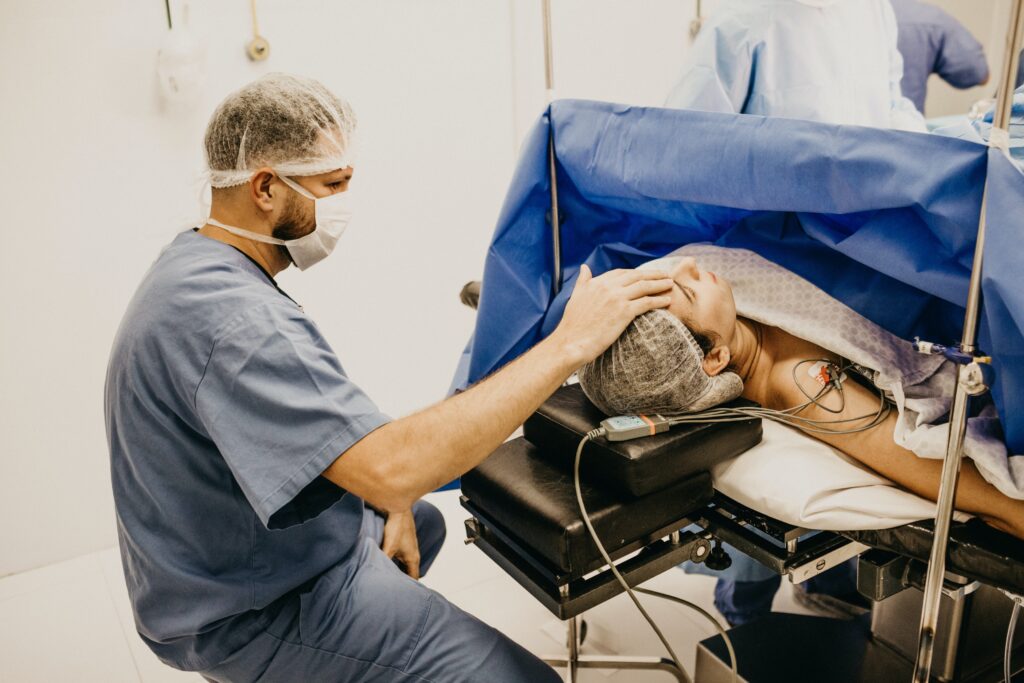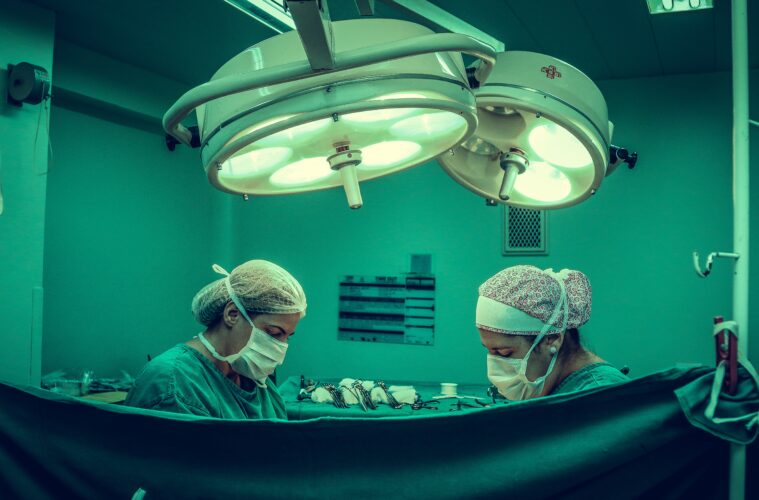If you’re considering getting double eyelid surgery, also known as a blepharoplasty, there are a few things you should know before going under the knife. Here are seven things to keep in mind before undergoing this type of cosmetic procedure.

1. Knowing how much a double eyelid surgery costs
One of the main things you need to know before undergoing a double eyelid surgery is how much it will cost. This can vary depending on factors such as the surgeon you choose, the location of the surgery, and whether or not you have insurance. However, in general, you can expect to pay anywhere from $2000 to $4000 for this procedure. Therefore, understanding the costs involved in this surgery requires doing your research. You will also need to find a surgeon that you are comfortable with and who offers a competitive price.
Another thing to keep in mind is that insurance companies often do not cover cosmetic procedures like this one. Therefore, you will likely have to pay for the entire cost of the surgery out-of-pocket. However, there are some financing options available that can help make the surgery more affordable.
Before making a final decision, be sure to ask your surgeon any questions you have about the procedure and get a detailed estimate of the costs involved. This way, you can make an informed decision about whether or not this surgery is right for you.
2. Consult with a board-certified plastic surgeon
There are many things to consider before undergoing any kind of surgery, but consulting with a board-certified plastic surgeon should be at the top of your list if you’re considering double eyelid surgery. A board-certified plastic surgeon will be able to answer any questions you have about the procedure, as well as help you understand what to expect during and after surgery. Additionally, your surgeon can help ensure that you are a good candidate for double eyelid surgery. This is important because not everyone is a good candidate for this type of surgery. For example, people with certain medical conditions may not be able to safely undergo double eyelid surgery. Consulting with a board-certified plastic surgeon can help you understand if you are a good candidate for this type of surgery.
3. Ask questions about the surgery
During your consultation, be sure to ask questions about the surgery itself, as well as what you can expect during recovery. It’s also important to get a feel for your surgeon’s bedside manner and see if they make you feel comfortable. You should never hesitate to ask questions or express concerns, as it is your health and wellbeing you’re talking about!
4. Know about the possible downtime
Just like any other surgery, there is a certain amount of recovery time that is needed before you can expect to see the final results of your double eyelid surgery. It is important to be aware of this so that you can plan accordingly and take the necessary time off from work or school. The majority of patients will experience some bruising and swelling around the eyes, which can last for up to two weeks. In some cases, there may also be some temporary numbness in the area. It is important to follow your surgeon’s instructions during this time so that you can ensure proper healing.
5. Know about the risks and potential complications
Most people report satisfaction after having the surgery. However, as with any kind of surgery, there are certain risks and potential complications involved. These include:
- Infection
- Bleeding
- Swelling
- bruising
- Allergic reactions to anesthesia or other medications used during the procedure
- Scarring
- Difficulty closing your eyes fully (this is usually temporary)
It’s important to discuss all of these risks with your surgeon before having the procedure so that you can make an informed decision about whether or not it’s right for you.
6. Know about the preparations for the procedure
Once you’ve decided to move forward with the surgery, your surgeon will provide you with specific instructions on how to prepare for it. This will usually include avoiding certain medications and supplements, quitting smoking and alcohol consumption, and refraining from wearing makeup for a week prior to the procedure. Also, avoid using any eye drops or other products that contain chemicals for at least two weeks before the surgery. This is because these products can interact with the anesthesia used during the surgery and cause complications. You should also avoid eating anything for at least eight hours before the surgery. This is because food can interact with the anesthesia and cause complications.

7. Have realistic expectations about the surgery results
The surgery will not completely transform your appearance and you will still look like yourself. However, many people report feeling more confident and attractive after the procedure. It is important to keep in mind that the results are not permanent and you may need to have touch-ups or repeat surgeries down the road.


